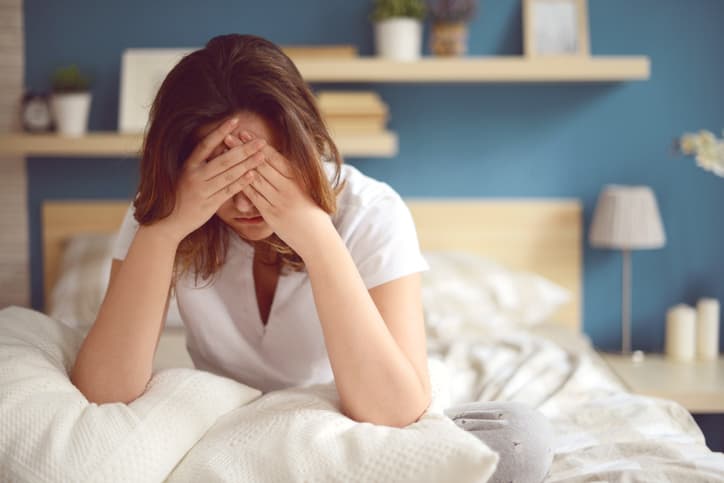Teeth grinding
Stay Relaxed
For some, teeth grinding is a result of stress. Before going to bed, consider taking a nice hot shower or, if you have some extra time, spend half an hour soaking in a bubble bath to wash away some of the problems of the day. You could also ask your significant other for a massage before bed or curl up with your favourite book to help relax your body. What is great about this approach is that it addresses the source of the problem as directly as possible and doesn’t have to cost you anything. There are many ways to unwind; you just have to make time to do it.
Wearing a Night Guard
A night guard is a dental appliance that can be worn while sleeping to stop teeth grinding. It looks like a plastic mouth guard for athletes and fits over your teeth. Depending on which type of night guard your dentist creates, you may wear one on either your upper or lower teeth. Your dentist will conduct a thorough dental exam to determine which type of guard is best suited to your needs.
Night guards have been proven to be very effective. This approach addresses the grinding itself but does not treat the source of the grinding behaviour, so you may find that you have to wear the guard at night indefinitely. You should always brush your teeth before inserting your night guard in order to avoid trapping food particles that will cause bacteria to form around your teeth and gums.
Many people don’t realize that they have a problem with grinding their teeth. To best figure out how to stop grinding teeth at night, you should visit your dentist to be properly diagnosed.
